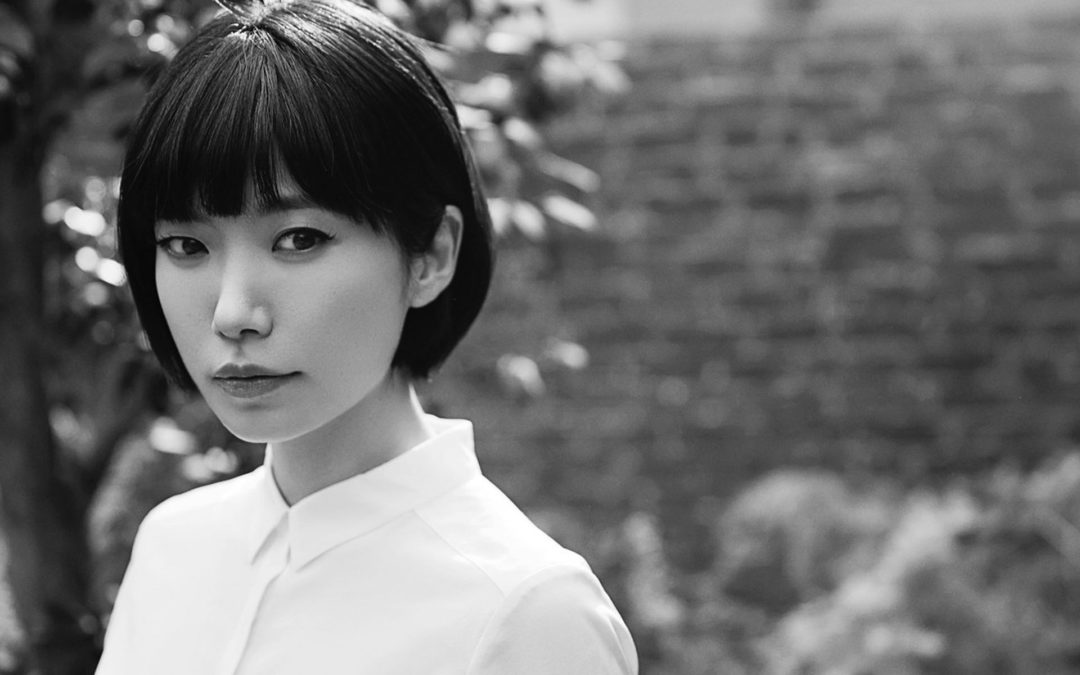Three women, each one coping with their body, which is not the one they would like, which seems to be flawed, which seems to repulse. This, in a nutshell, is the plot of Breasts and Eggs, the book written by Japanese author Mieko Kawakami that has gained world fame.
The affairs the novel revolves around reflect the lives of women in present-day Japan and they address timeless issues such as getting your first period and the relationship with your body, motherhood, illnesses and sex.
“I will never forget that sense of pure astonishment I felt when I first read Mieko Kawakami’s novel Breasts and Eggs. It left me breathless” said Haruki Marukami, hailing the book, alongside many other assayers of the extremely talented Japanese author. According to The Economist “Breasts and Eggs has lobbed a literary grenade into the fusty, male-dominated worlds of Japanese fiction”.
The lead characters of the novel are three women dealing with oppressive customs, with the uncertainty as to what they should do to find wellbeing and with the possibility of freely choosing their future.
Makiko goes to Tokyo in search of a clinic that offers affordable breast implants. She goes together with her daughter Midoriko, who hasn’t talked to her in six months and is unable to accept the changes her adolescent body is going through and is also greatly upset by her mother’s wish to deliberately modify her breasts.
Ten years later, Natsu – Makiko’s younger sister and renowned writer – returns to her hometown, Osaka. Her greatest fear is that of growing old alone, so she decides to go to a specialised fertility clinic to become a mother and she clashes with the prejudices of Japanese society, as well as the legal and physical issues associated with artificial insemination.
Around this general structure, Kawakami builds a narration that is rife with humour and that features an enthralling emotional depth, where men are mostly absent or merely instrumental. This is the most successful aspect of the novel, because it is a vaguely political one (for example, in Japan it is not possible to abort without the father’s consent).
But the real protagonist of the story is Japan itself: a land of contrasts, hovering between an increasingly present virtuality and a relationship with the body that still clings onto an ancient and unshakeable legacy. Breasts and Eggs unfolds such contrasts and describes the uncertainties and fragilities women experience as they grow more aware of their bodies – sometimes struggling within it, sometimes deciding to modify it in order to ‘own’ it more.
With Breasts and Eggs, Mieko Kawakami won the Akutagawa prize, Japan’s most prestigious literary accolade.

Recent Comments